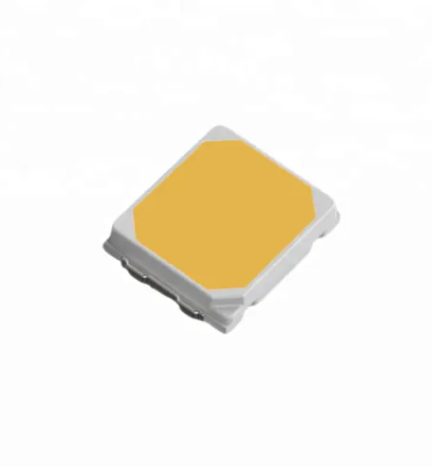What does smd led mean?
SMD LED stands for Surface Mount Device Light Emitting Diode. It represents a revolutionary advancement in lighting technology that has transformed the way we illuminate spaces and objects. Understanding the intricacies of SMD LEDs unveils a world of efficiency, versatility, and innovation.
The Origins and Composition of SMD LEDs:
SMD LEDs are a product of continuous innovation in semiconductor technology. Unlike traditional LEDs that use through-hole mounting, SMD LEDs are surface-mounted directly onto the circuit board. This design eliminates the need for leads and enables a more compact and efficient configuration.
The composition of SMD LEDs involves a semiconductor chip placed on a ceramic base, which is then encapsulated in a resin. This encapsulation enhances durability, provides protection against environmental factors, and allows for a broader range of applications.
Efficiency and Miniaturization:
1. Compact Design:
The surface-mount nature of SMD LEDs allows for a significantly smaller footprint compared to their through-hole counterparts. This miniaturization is pivotal in applications where space is limited, providing designers and engineers the flexibility to create sleek and compact lighting solutions.
2. Energy Efficiency:
SMD LEDs are renowned for their energy efficiency. The technology facilitates precise control over the direction and intensity of light, minimizing wasted energy. This efficiency not only contributes to lower energy bills but also aligns with the global push towards sustainable and eco-friendly lighting solutions.
Versatility in Applications:
1. Lighting Design:
SMD LEDs have revolutionized lighting design by offering versatility in form and function. Their compact size and flexibility enable the creation of innovative lighting fixtures, from ultra-slim displays to intricate architectural lighting designs. The possibilities are virtually limitless, allowing for the realization of creative and aesthetically pleasing illumination.
2. Electronics and Beyond:
Beyond lighting, SMD LEDs find applications in various electronic devices. Their miniature size and efficient performance make them integral components in smartphones, TVs, automotive lighting, and countless other gadgets. The seamless integration of SMD LEDs into these devices enhances functionality without compromising on space or power consumption.
Advancements in Technology:
1. Color Range and Control:
SMD LED technology has advanced to offer an extensive range of colors with precise control. This capability is particularly valuable in applications where color accuracy and customization are critical, such as stage lighting, signage, and display technologies.
2. Smart Lighting:
The evolution of SMD LEDs has paved the way for smart lighting solutions. Integrating seamlessly with smart home systems, these LEDs can be remotely controlled and programmed, allowing users to adjust color temperature, brightness, and even create dynamic lighting effects.
Conclusion:
In conclusion, delving into the realm of SMD LEDs reveals a transformative force in lighting and electronics. The surface-mount design, coupled with efficiency and versatility, has elevated the capabilities of LED technology. From enhancing the aesthetics of our living spaces to powering the electronics that define modern life, SMD LEDs continue to shape the landscape of illumination and electronic innovation. Embracing this technology not only ensures efficiency and functionality but also opens doors to a world of creative possibilities in lighting and beyond.
256
0
0


Comments
All Comments (0)